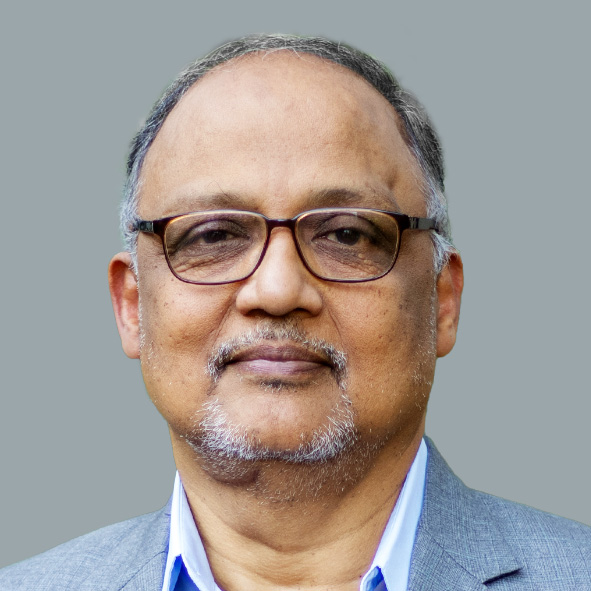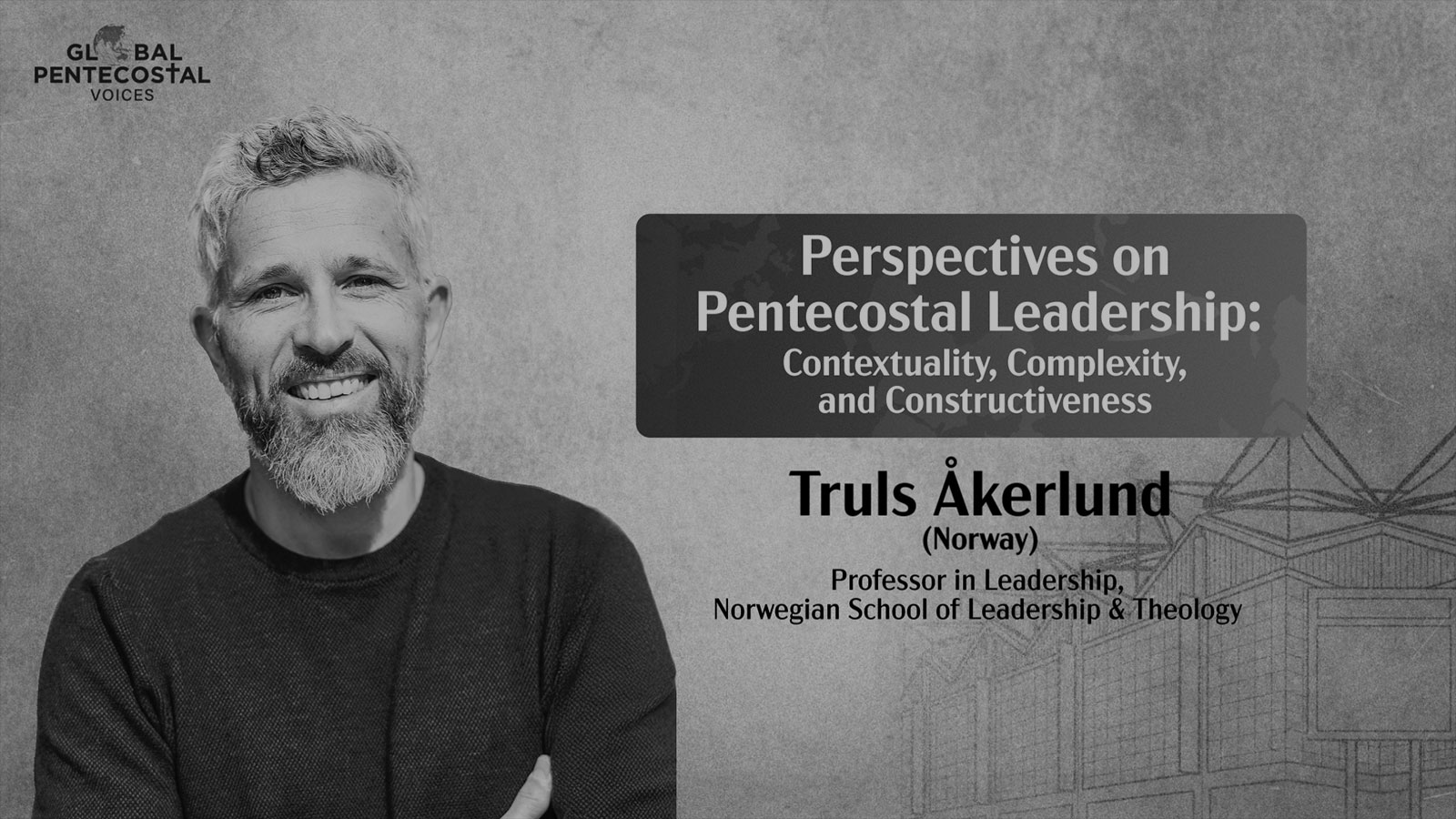President,
Centre for Global Leadership Development, Southern Asia Bible College

Pravinkumar Israel is the president of the Centre for Global Leadership Development (formerly Southern Asia Bible College) in Bangalore, India, where he has served since 2006. He holds a degree in Theology and has dedicated his career to shaping the future of church leaders through education and leadership training. He earned an MTh from Asia Graduate School of Theology STII and has pursued doctoral studies at the Oxford Centre for Mission Studies.
A passionate advocate for holistic Christian leadership, Rev Pravinkumar has played a key role in shaping the centre’s vision to equip leaders for global ministry. Under his leadership, the Centre has grown into a consortium of six interrelated initiatives, serving as a premier Pentecostal learning institution in India. His contributions extend beyond the academic sphere, having served as a pastor and mentor to emerging leaders within the Indian church and beyond.
Rev Pravinkumar’s academic interests and leadership focus on developing leaders who integrate sound biblical knowledge with practical ministry. Under his leadership, the institution has grown in both influence and scope, impacting thousands of students and graduates engaged in church planting, leadership, and mission work all over the world.

Leadership is a complex phenomenon that cannot be easily defined as a single concept. Still, it is often understood as a set of social processes that influence people towards common goals—an approach that I will follow in this study. Drawing from general leadership theory and research on Pentecostal leadership, I will emphasise the interaction between leaders, followers, and the spiritual dimension, leading to a constructivist perspective on leader-follower relationships. The article will first address leadership in various settings, emphasising the need to contextualise leadership in different cultures, but also keeping an analytical distance to avoid dominating discourses that break with Christian perspectives. Second, I will discuss the complexity in Pentecostal leadership, especially the collaboration between divine and human interventions, the dialectic connection between agency and structure, and the ambivalence and tension between leaders and followers in ecclesial settings. Finally, I will highlight the constructive relations between leaders and followers. While leaders hold a formal position, leadership is also a social phenomenon effective only if it makes sense to church members, implying that the leader’s task is not to create everything from scratch but to build relationships and draw from the resources and spirituality present within the congregation.